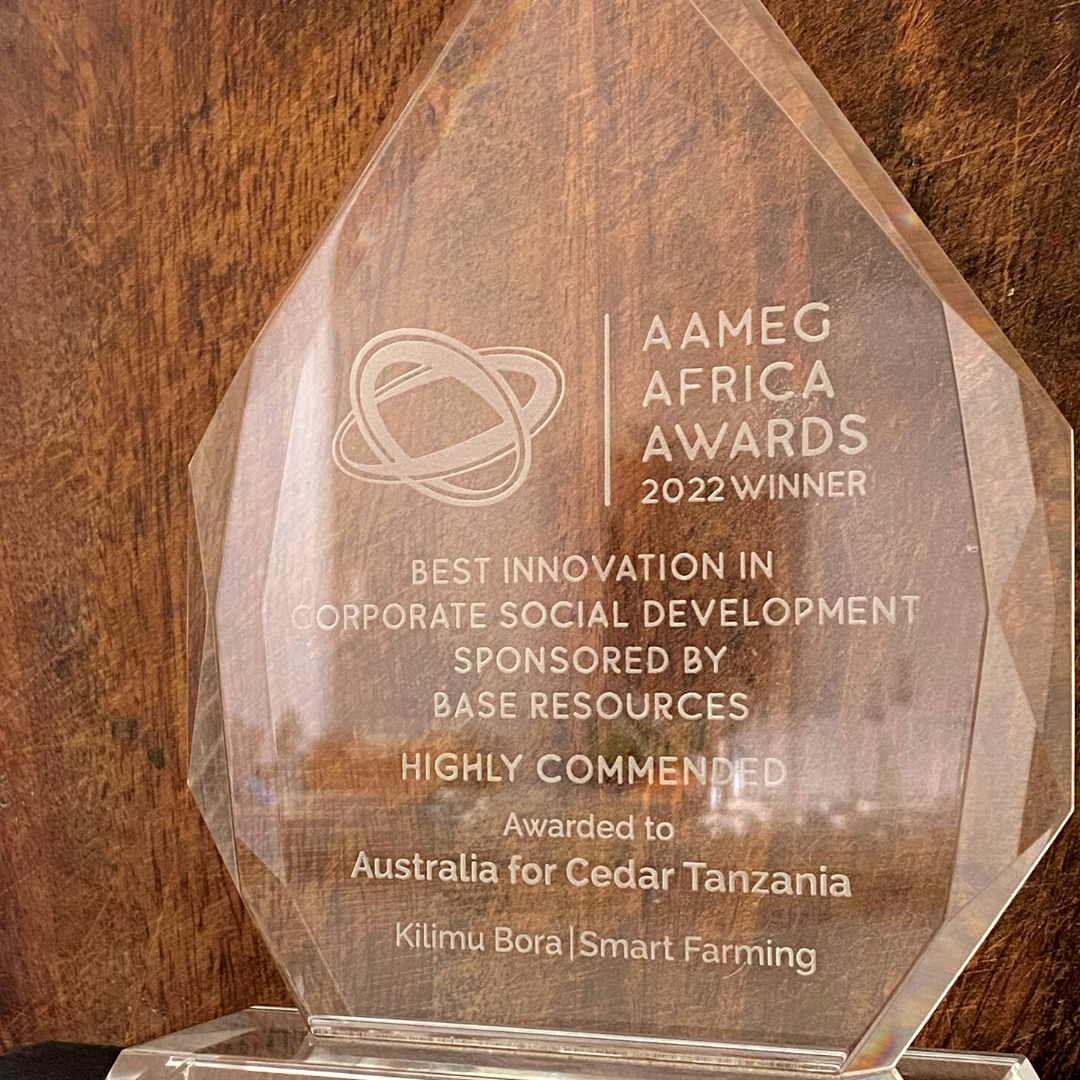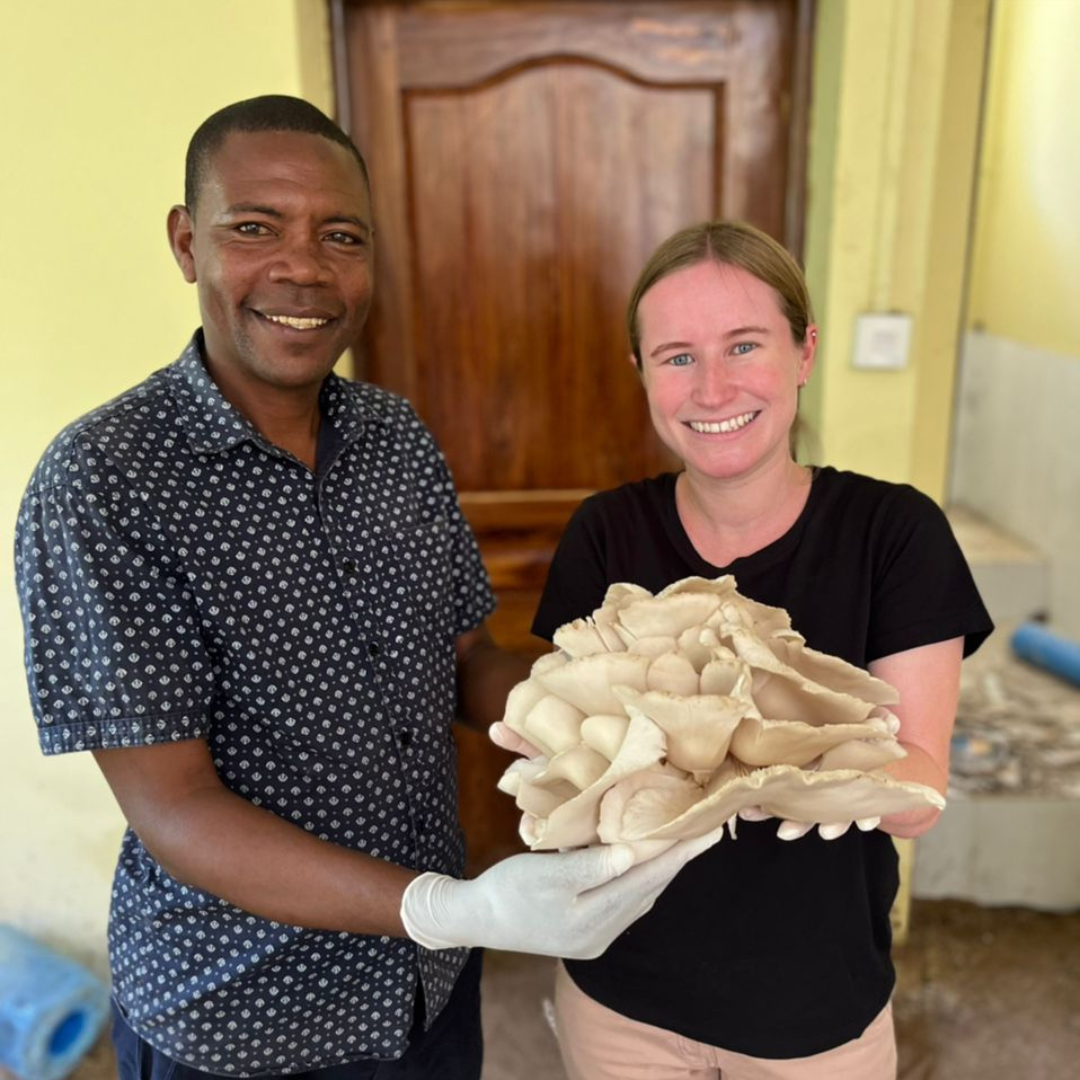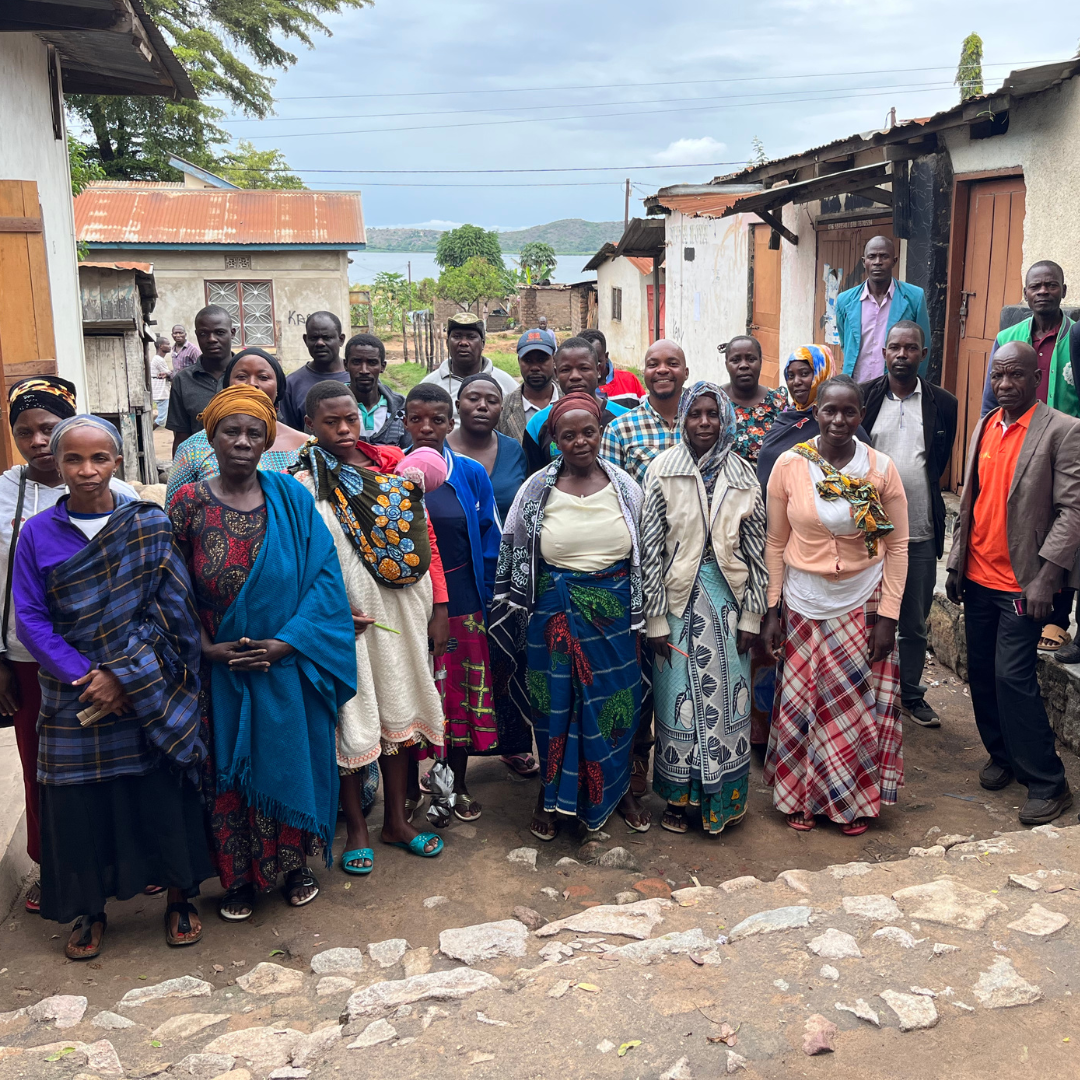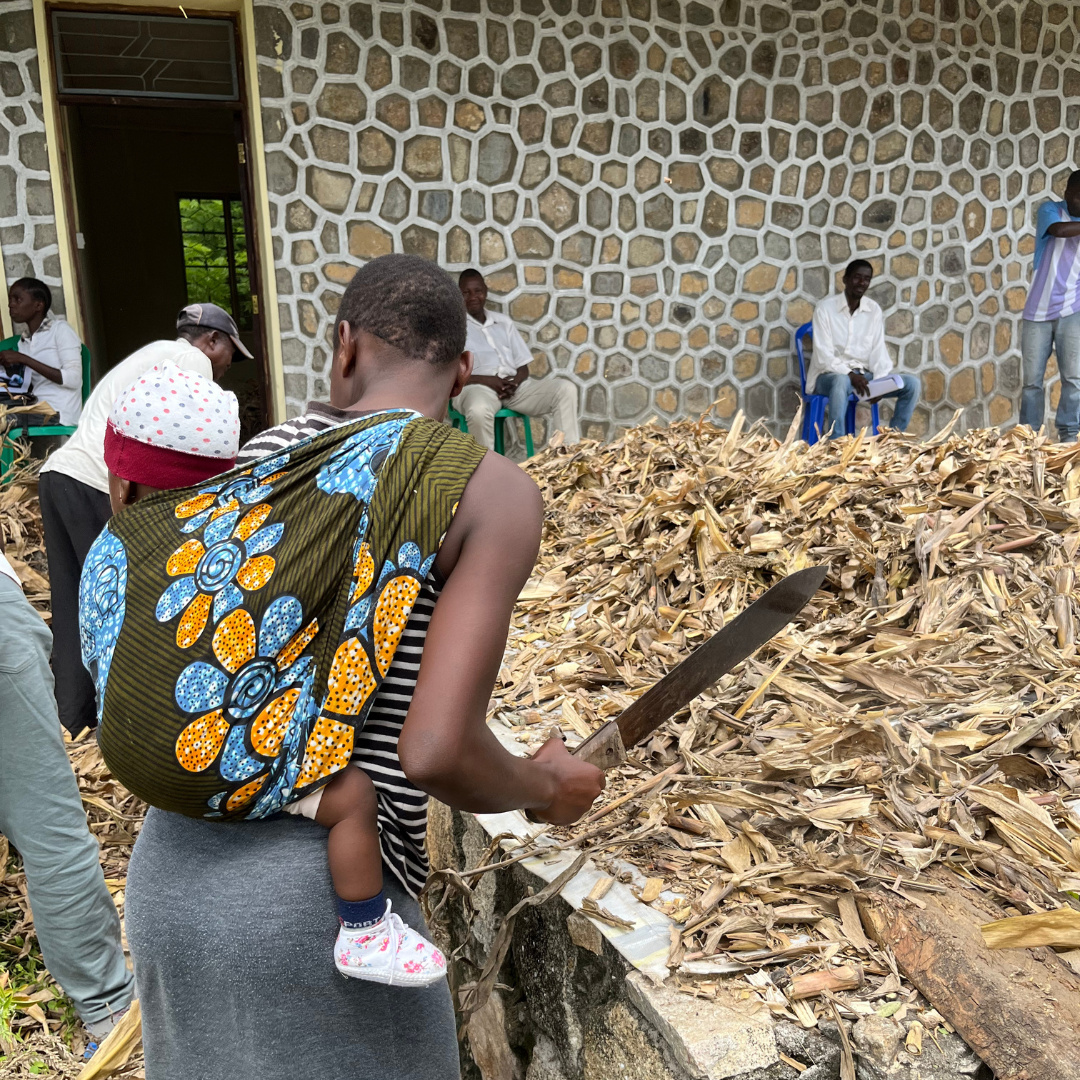What does CSR mean?
CSR stands for Corporate Social Responsibility.
It is all about companies going the extra mile to do good things for society and the environment, even if they are not legally required to.
CSR is important to companies because it helps them show that they care about more than just making money. When companies take actions to address social and environmental issues, people tend to like them more. Customers, employees, investors, and others see these companies as responsible and trustworthy.
By being socially responsible, companies can build better relationships with their customers, employees, and the communities they operate in. It's like saying, "Hey, we're not just here to sell stuff, we genuinely want to make a positive difference in people's lives."
Being socially responsible also helps companies manage risks. They can anticipate and tackle problems like climate change, human rights issues, or changes in regulations, which can protect their business from potential harm.
Another important aspect is that CSR helps companies attract and keep talented employees. Nowadays, many people want to work for companies that align with their values and have a sense of purpose. So, if a company shows that it's committed to doing good, it becomes more appealing to potential employees and can keep its existing ones happy.
CSR also encourages companies to be innovative. By considering social and environmental factors, businesses can come up with new ideas, develop sustainable products and services, and stay ahead of the competition.
Finally, CSR is essential for the long-term survival of businesses and the planet. By taking actions that make the world a better place, companies contribute to a more fair and sustainable future. It's about looking beyond short-term profits and thinking about the well-being of future generations.
In a nutshell, CSR is about companies doing good things beyond what's legally required, and it's important because it helps them gain trust, manage risks, attract great employees, be innovative, and ensure a better future for everyone.
Does every company have a csr programme?
Not all companies have a formal CSR program in place. The adoption of CSR practices varies among companies and industries. While many large corporations have established dedicated CSR initiatives, smaller businesses or start-ups may not have formal programs but still engage in socially responsible activities on a smaller scale.
The decision to implement a CSR program depends on various factors such as the company's size, resources, industry, values, and stakeholders' expectations. Some companies may prioritize CSR as a fundamental part of their business strategy, while others may focus on different priorities or may not have fully recognized the importance of CSR.
However, it's worth noting that the concept of CSR and the awareness of its importance have been growing in recent years. Many businesses are recognizing that being socially responsible is not only beneficial for society but also advantageous for their reputation, customer loyalty, and long-term sustainability. As a result, more companies are integrating CSR principles into their operations, even if they don't have formal programs.
In some cases, companies may engage in specific CSR activities without having a comprehensive program. They may support local charities, participate in community events, implement environmentally friendly practices, or donate a portion of their profits to social causes. These individual actions can still contribute to CSR, even without a structured program.
Ultimately, the extent and formality of a company's CSR program depend on its unique circumstances and the importance it places on corporate social responsibility.
CSR vs Social Enterprise
CSR and social enterprise are related concepts but have distinct differences.
CSR is typically integrated into a company's operations and can cover various aspects such as ethical business practices, environmental sustainability, community engagement, and employee well-being. CSR is generally practiced by both for-profit and non-profit organizations, with the aim of aligning business activities with social and environmental goals.
On the other hand, a social enterprise is a specific type of business entity that operates with the primary goal of addressing a particular social or environmental problem. Social enterprises are profit-driven organizations, but their core purpose is to create positive social impact rather than maximizing financial returns for shareholders. These businesses use commercial strategies to tackle social issues, combining entrepreneurship with a mission to bring about social change. The profits generated by social enterprises are often reinvested into their social mission rather than being solely distributed to shareholders.
While CSR is an approach adopted by companies to demonstrate responsibility and contribute to society, social enterprises are businesses specifically designed to create social impact through their products, services, or business models. CSR can be part of a company's broader strategy, whereas social enterprise operates with a primary focus on social or environmental objectives and uses business as a means to achieve them.
In summary, CSR represents the responsible actions and initiatives undertaken by companies to address societal and environmental concerns, while a social enterprise is a business entity created with the explicit purpose of generating social impact alongside financial sustainability.
CSR and Australia for cedar tanzania
With so many concepts and acronyms, many of them overlapping, it is easy to get a just a little confused.
We can deliver CSR programmes for companies. We have the experience and expertise - just like you would outsource IT services or accounting to companies with that expertise.



















